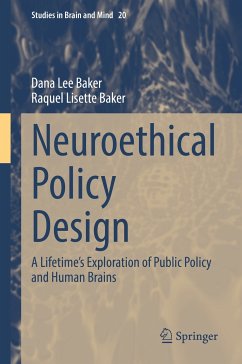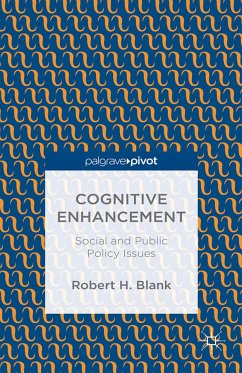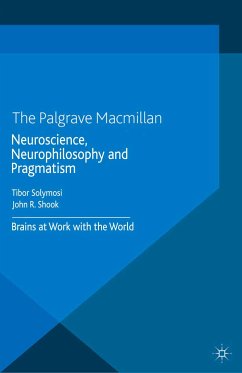This volume focuses on the emergent field of neuroethics comparing and contrasting how two democracies, Canada and the United States, have begun adapting public policy design to better fit human minds. The book focuses on issues relevant to all members of the general population and discusses a series of policy issues arranged roughly in the order in which they become relevant in a typical person's lifetime. After the introductory chapter each chapter considers an area of public policy particularly relevant to a different stage of life-from early childhood education policy, to policies for higher education and the workplace, to end of life decisions in living wills and advance directives. The author puts forth that making the shift towards more neurologically appropriate policy will likely be a gradual process hampered primarily by two issues. The first is the inability of neuroscientists to come to agreement on increasingly sophisticated research findings. The second issue points out that bringing policy and neurology into a more synchronous relationship requires a commitment to prolonged effort involves the largely unrecognized reality of entrenched neurological interests. The first chapter introduces the concept of disconnect between policy design with traditional understandings of the brain and goes on to highlight developments in the science of human neurology in recent years. To help contextualize the book, examples of neurological misperceptions are explored in this introductory chapter. Chapters Two through Eleven each explores a specific type of policy, incorporating understandings of the human brain which, modern neuroscience suggests, are debatable.¿
Dieser Download kann aus rechtlichen Gründen nur mit Rechnungsadresse in A, B, BG, CY, CZ, D, DK, EW, E, FIN, F, GR, HR, H, IRL, I, LT, L, LR, M, NL, PL, P, R, S, SLO, SK ausgeliefert werden.









